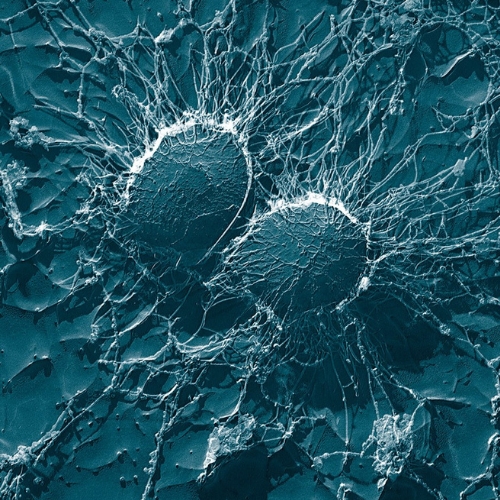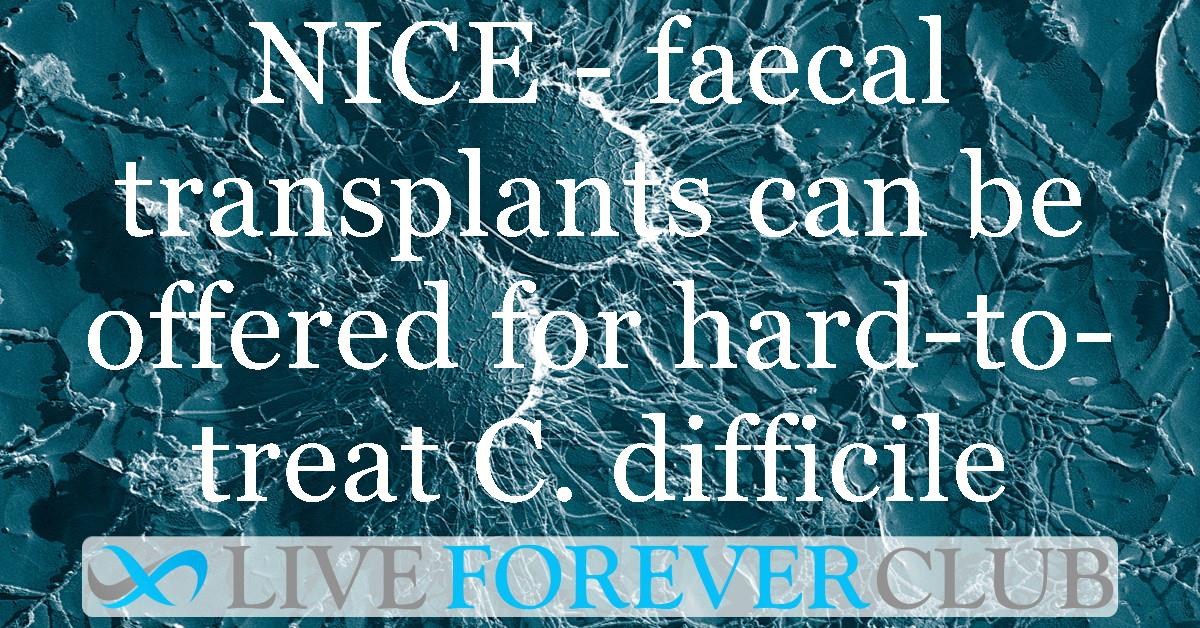Key points from article :
National Institute for Health and Care Excellence said people with recurrent illness caused by hard-to-treat bacterium Clostridium difficile can be offered faecal transplants.
C. diff can cause infection if the balance of bowel bacteria changes - for example, after taking antibiotics.
The transplants transfer beneficial gut bacteria from a healthy donor's faeces.
Clinical trials show they are more effective than antibiotics, to which this "superbug" can become resistant.
Common symptoms of a C. diff infection: diarrhoea, high temperature, appetite loss, nausea, stomachache.
NICE estimates 450-500 people each year in England could receive the transplants, saving thousands of pounds.
NICE medical technology director Mark Chapman said: "Use of this treatment will also help reduce the reliance on antibiotics and in turn reduce the chances of antimicrobial resistance, which supports NICE's guidance on good antimicrobial stewardship."






